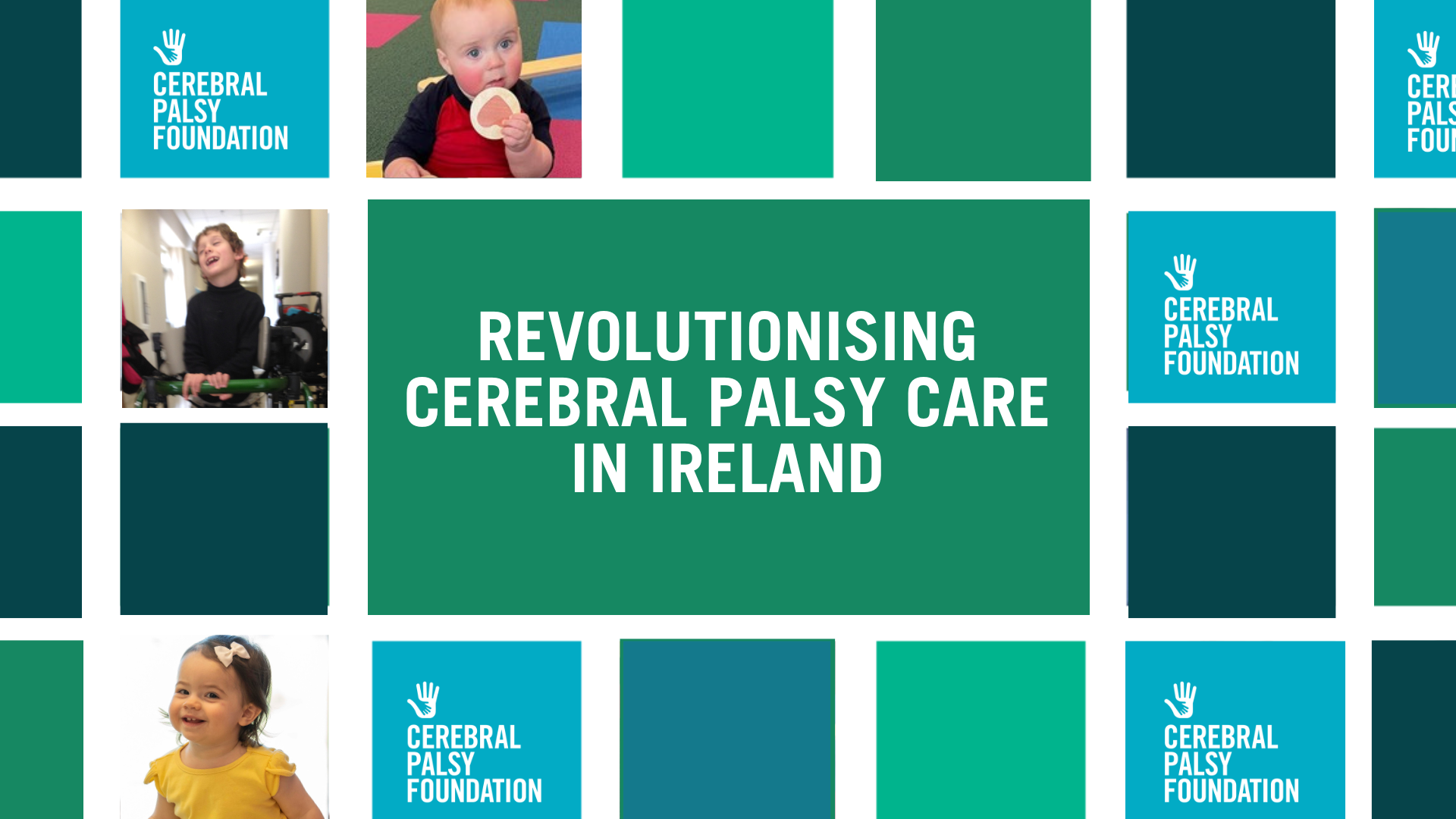Through the development of three major clinical and research hubs at University College Cork (UCC), Trinity College Dublin (TCD), and RCSI University of Medicine and Health Sciences, this first-of-its-kind initiative will establish Ireland as an international leader in cerebral palsy care and research. Children’s Health Ireland (CHI) is an implementation partner in the academic healthcare programme.
An estimated 150 babies receive a CP diagnosis in Ireland each year, and an estimated 3,000 children and young people and 9,500 adults are living with CP in Ireland. Early intervention and the right care pathways can make a significant difference in the long-term outcomes and quality of life for people living with CP.
Backed by $12.5 million in philanthropic funding pledged from a group of donors including John and Patrick Collison, this five-year programme will change the trajectory of people’s lives affected by CP in Ireland.
The Programme of Excellence will advance CP care and research across four major pillars:
- Clinical Implementation Pillar: implementing the best evidence into clinical practice in healthcare settings.
- Research Pillar: conducting high-quality research programmes and developing an international network of researchers committed to implementation, dissemination, and knowledge transfer.
- Dissemination and Education Pillar: promoting community education and providing professional education and career pipelines to encourage and develop new clinicians and researchers in the fields of CP clinical care and research.
- Advocacy and Policy Pillar: identifying and developing stakeholder groups, supporting individuals with CP and their families to drive improved care.
The programme will build on significant strides already made by the CP research community and leading clinicians from around the world. An Expert Steering Committee of cerebral palsy and non-cerebral palsy experts from clinical care, academia, industry, and the CP community will guide the implementation ensuring a multi-disciplinary and multi-stakeholder approach.
Four priority areas of clinical implementation and research have been identified as priority for the initial phase of the programme:
- Early Detection & Intervention (0-2yrs) led by University College Cork
- Musculoskeletal and Orthopaedic Care (children and young people) led by Trinity College Dublin
- Adult services and support led by RCSI University of Medicine and Health Sciences
- Community-Based Motor Management Services (children, young people, and adults) led by UCC, TCD & RCSI
The Programme will also support the development of a Cerebral Palsy Register in Ireland, enabling the collection of important data to inform research and improve care.
These priority areas will be piloted in regions across Ireland. Once systems have been developed and proven they will be used as models to expand care across the country. The Programme will utilise already established networks including In4Kids, a Health Research Board national paediatric clinical trial network. CPF is committed to expanding this programme through further research funding and philanthropic support. Institutional support from UCC, TCD and RCSI guarantees its continuation beyond the initial five-year period.
“Our vision is to make Ireland a world leader in the delivery of Cerebral Palsy care.” said Rachel Byrne, Executive Director of the Cerebral Palsy Foundation. “We want to create a sustainable continued care model for infants through to adults with CP in Ireland led by expert clinicians and researchers. We will leverage our extensive network and international expertise on best practice to help drive the programme through collaboration. We welcome all partners, including the CP Community, academia, industry, and government to join us on this journey.”
Lily Collison, whose son Tommy has CP, is a Cerebral Palsy Foundation board member and a long-time advocate for CP care in Ireland. “Cerebral Palsy is the most prevalent childhood acquired physical disability,” she said. “Due to outdated systems and inappropriate interventions, lives are often significantly and unnecessarily compromised. This has long-term social as well as economic implications.” Collison went on to explain that the CP Programme aims to become a world-leader in CP care within five years. “It’s a challenging but achievable goal if we all work hard and smartly together.” she said.






